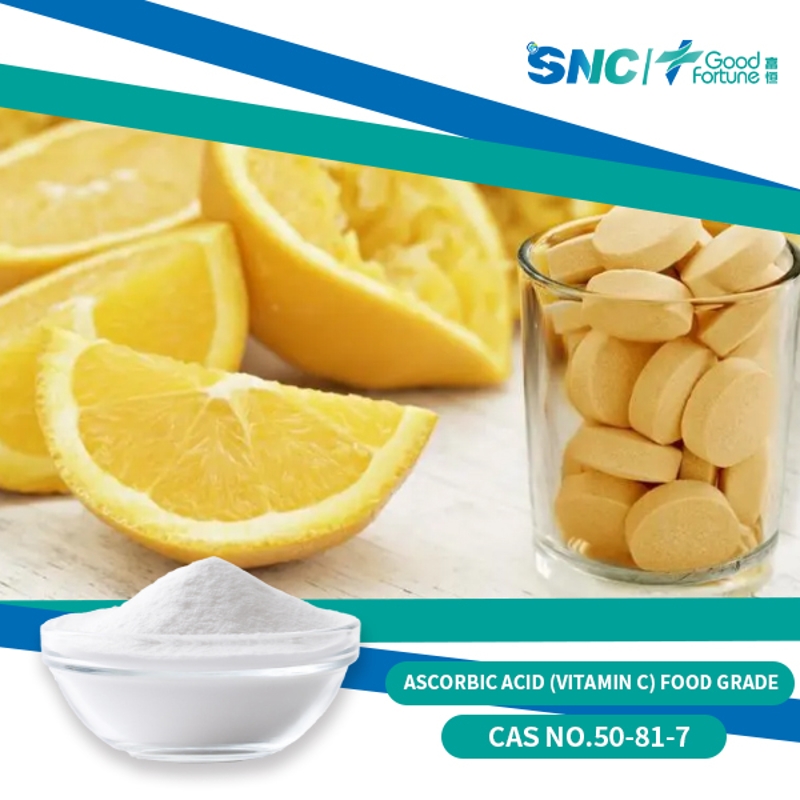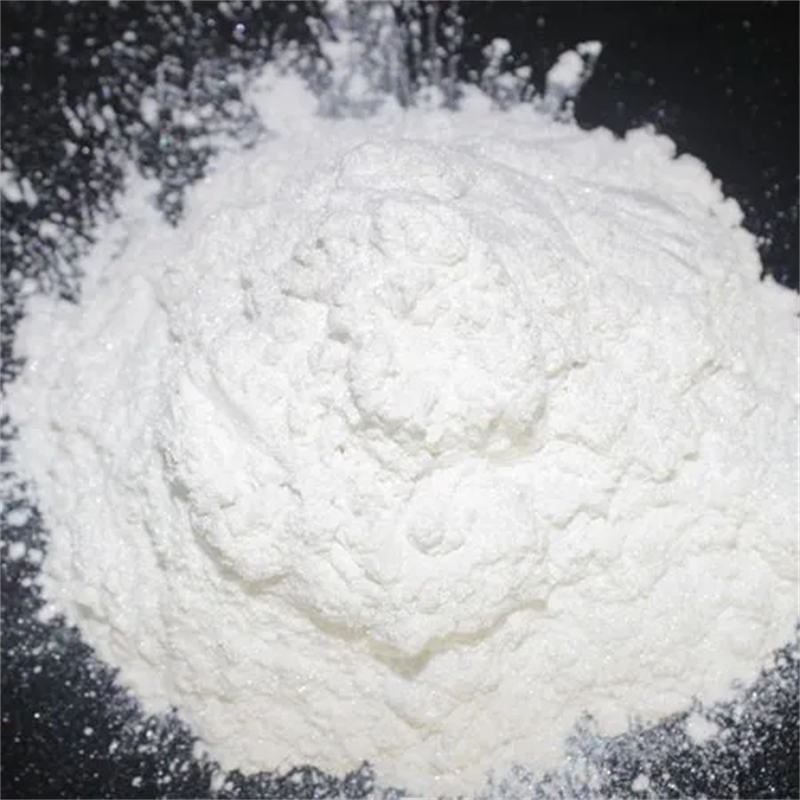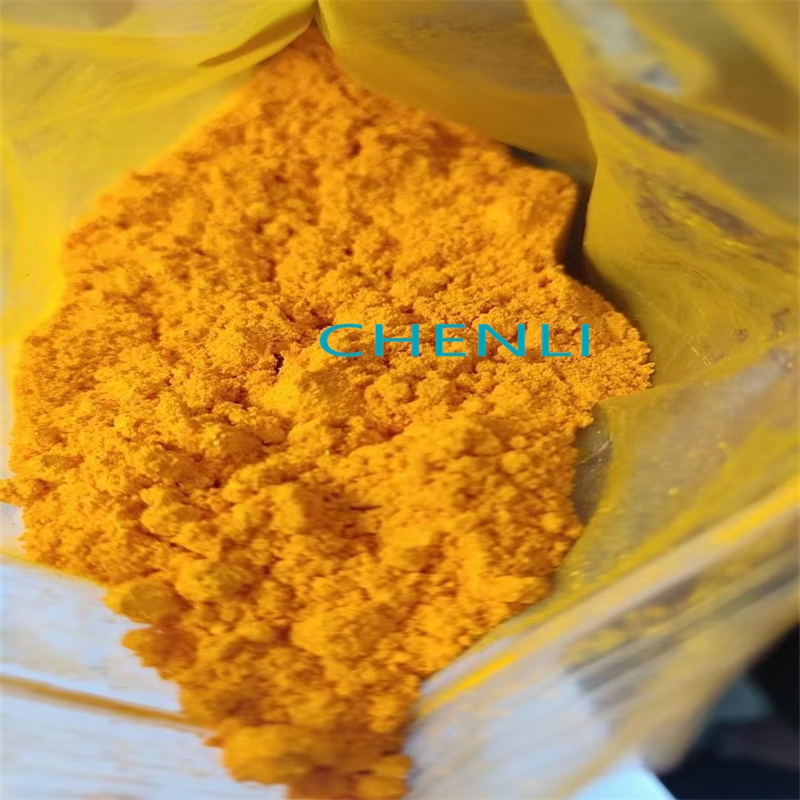-
Categories
-
Pharmaceutical Intermediates
-
Active Pharmaceutical Ingredients
-
Food Additives
- Industrial Coatings
- Agrochemicals
- Dyes and Pigments
- Surfactant
- Flavors and Fragrances
- Chemical Reagents
- Catalyst and Auxiliary
- Natural Products
- Inorganic Chemistry
-
Organic Chemistry
-
Biochemical Engineering
- Analytical Chemistry
-
Cosmetic Ingredient
- Water Treatment Chemical
-
Pharmaceutical Intermediates
Promotion
ECHEMI Mall
Wholesale
Weekly Price
Exhibition
News
-
Trade Service
Zinc gluconate is a chemical compound that is widely used in the chemical industry due to its unique properties.
It is a white or yellowish-white powder that is soluble in water and has a strong, unpleasant odor.
The compound is formed by the reaction of zinc oxide with gluconic acid.
Zinc gluconate is used in a variety of applications in the chemical industry, including as a catalyst, a flocculant, and a stabilizer.
One of the primary applications of zinc gluconate in the chemical industry is as a catalyst in the production of polymers.
The compound is used to catalyze the reaction between monomers, which results in the formation of long chains of molecules that make up the polymer.
Zinc gluconate is particularly effective at catalyzing the formation of polyester resins, which are used in the production of a wide range of products, including textiles, plastics, and packaging materials.
Zinc gluconate is also used as a flocculant in the purification of water.
Flocculants are chemicals that cause suspended solids in water to clump together, making it easier to remove the solids from the water.
Zinc gluconate is particularly effective at flocculating colloidal particles, which are extremely small particles that are difficult to remove from water.
The compound is used in water treatment plants to remove impurities from drinking water and in the production of purified water for industrial and commercial use.
Zinc gluconate is also used as a stabilizer in the production of emulsions.
Emulsions are mixtures of two or more immiscible substances, such as oil and water, that are stabilized by a surfactant.
Zinc gluconate is used as a surfactant to stabilize emulsions, preventing the droplets of oil and water from separating and floating to the surface.
The compound is used in a wide range of products, including cosmetics, pharmaceuticals, and food products.
In addition to these applications, zinc gluconate is also used in the production of a variety of other chemicals and products.
For example, it is used as a catalyst in the production of polyurethanes, which are used in the production of foam products such as insulation and furniture.
The compound is also used as a catalyst in the production of cycloalkenes, which are used in the production of a wide range of chemicals and products, including plastics, dyes, and pharmaceuticals.
Zinc gluconate is also used in the production of a variety of other products, including ceramics, glass, and batteries.
It is used in the production of ceramic glazes, which are used to coat ceramic products such as pottery and porcelain.
The compound is also used in the production of glass, where it is used to improve the clarity and stability of the glass.
Finally, it is used in the production of batteries, where it is used as a catalyst to improve the performance of the battery.
Overall, zinc gluconate is a versatile and widely-used chemical compound in the chemical industry.
Its unique properties make it valuable in a variety of applications, from catalyzing the formation of polymers to stabilizing emulsions.
The compound is an essential ingredient in the production of a wide range of chemicals and products, and its importance in the industry is likely to continue to grow in the future.







